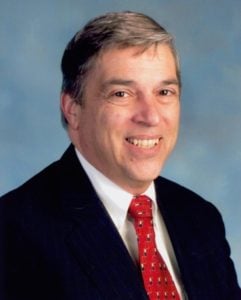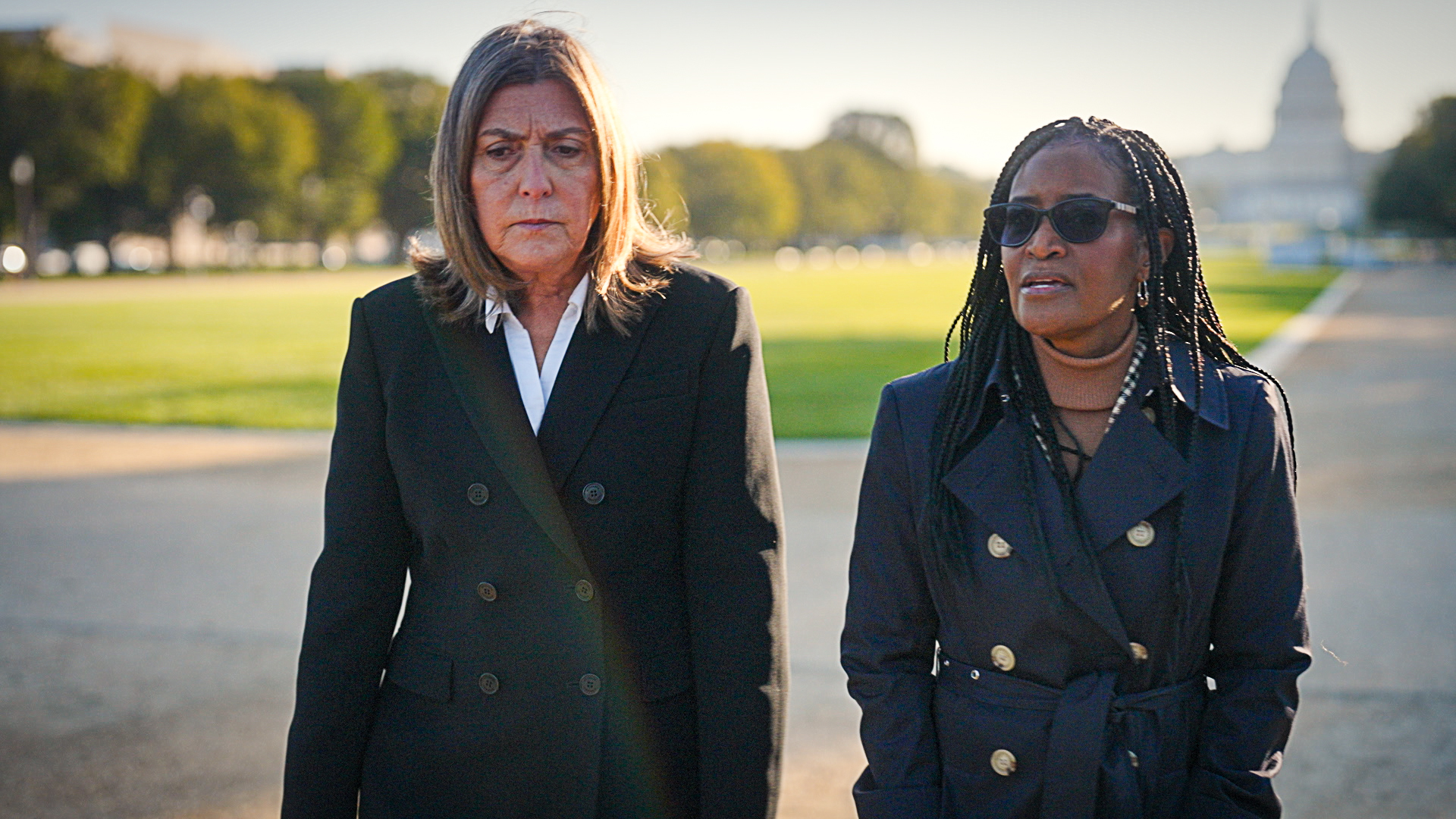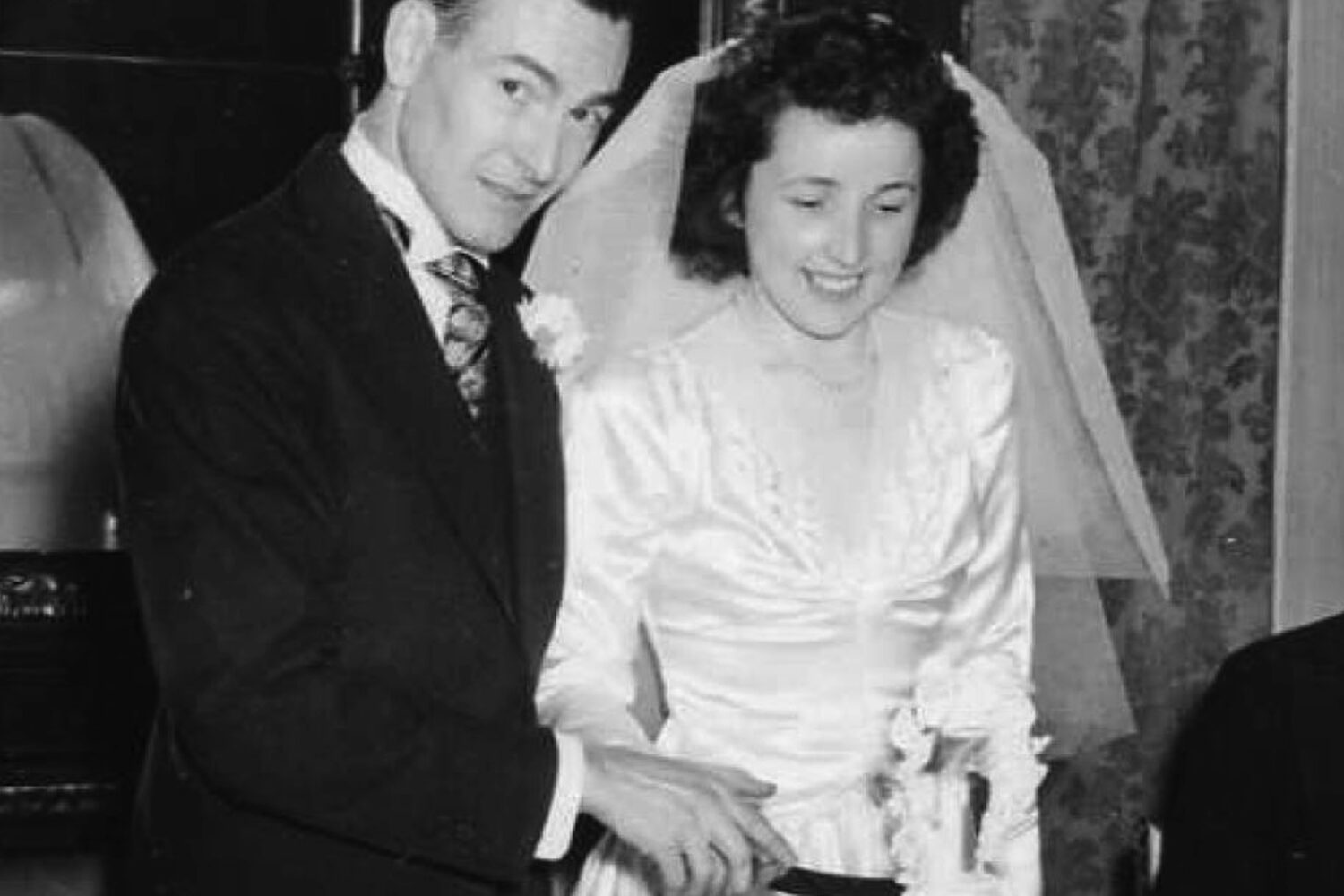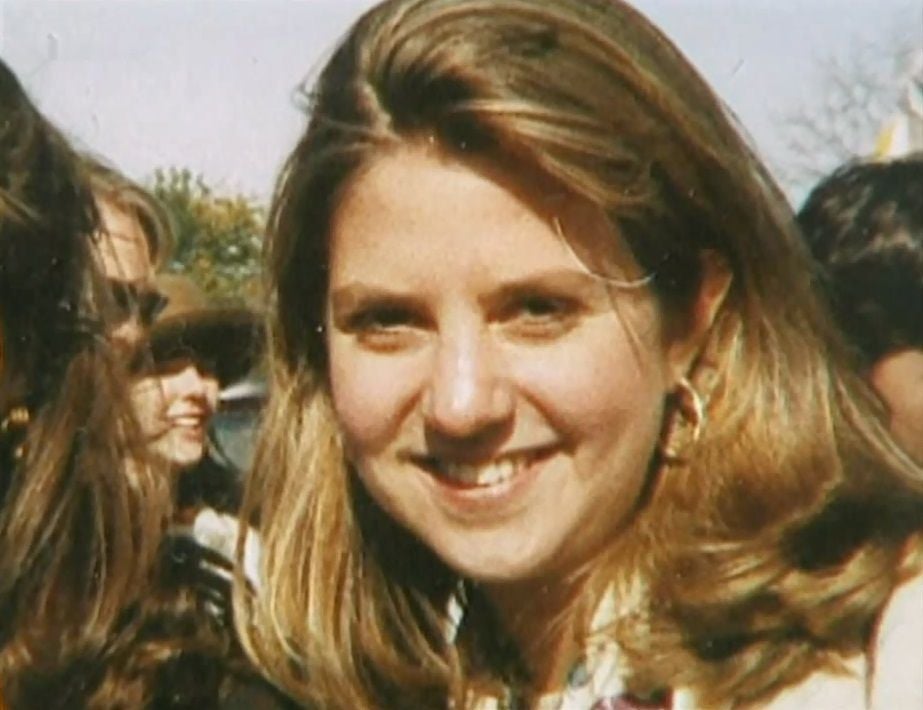
Tuesday’s episode of the CBS docuseries FBI True reunites some of the people critical to the investigation and arrest of former FBI special agent Robert Hanssen, who died this past summer and whom the agency still calls “the most damaging spy in Bureau history.” Hanssen’s treason led to arrests and executions of Russians who had worked for the US, exposed key plans for government continuity in the event of nuclear war, and even gave up a subterranean operation to eavesdrop on the Russian Embassy.
Including Hanssen, the team designed to catch him “was all a very unhappy little family,” Eric O’Neill, the young agent the FBI assigned to work alongside Hanssen while it tried to catch him in the act, tells Washingtonian. The bureau gave Hanssen a “promotion” that required him to return to the Hoover Building on Pennsylvania Avenue and installed him in an office it had secretly wired with microphones and cameras. It also surveilled him 24/7, even buying a house nearby his in Vienna, Virginia. (O’Neill collaborated with director Billy Ray on Breach, the 2007 film about the affair. He says the core of the film, showing their bizarre relationship during the investigation, is “completely accurate, almost painfully so.”)

O’Neill is now an attorney and still lives in the area. He has written a bestseller, Gray Day: My Undercover Mission to Expose America’s First Cyber Spy, about the Hanssen case. He’s currently working on a new book about cybercrime. In the show, he says, “You give so much of yourself to an undercover investigation.” I asked what he meant. “You don’t have anything left over for your loved ones,” he says. “So when you leave the case, all that negative energy, all of the stress, all of the worry has to come out somewhere. And often,it can come out in a very negative way toward the people that you love the most, because that’s where you feel the safest.”
Two huge questions hang over the Hanssen case: Why he betrayed his country and why it took the FBI so long to finger him. Hanssen’s brother-in-law had relayed suspicions to the bureau a decade before, and yet the feds spent two years investigating a CIA officer, Brian Kelley, who turned out to be innocent (in a bizarre coincidence, he and Hanssen lived on the same street). The bureau purchased a tape of a Russian handler communicating with his asset, in case it could hear Kelley’s voice. An analyst who had worked with Hanssen recognized his voice instead and unusual phrases he used, says Debra Evans Smith, who supervised what grew to be an investigation with a team of 300 people.

Hanssen was known as an “odd duck” within the FBI, Smith tells Washingtonian. He wore black all the time, and “there were nicknames for him,” she says. “Dr. Death was one.” His personal life was unorthodox. A devout Catholic and member of Opus Dei, Hanssen cheated on his wife and arranged for a friend to watch them having sex without her knowledge. He befriended an exotic dancer, took her to Hong Kong, and bought her a car. He wrote erotic fan fiction about his wife on message boards, sometimes under his own name, O’Neill said, just one of the things that made him feel “absolutely terrible, because I knew that at some point, assuming we caught him, this would all come out.”
The investigation was delicately designed to keep Hanssen from catching on. Still he relentlessly pestered O’Neill, who was then 27, about why he and his wife hadn’t had children and took other opportunities to try to assert his dominance. As FBI True recounts, O’Neill once came into his office to find Hanssen on the phone with O’Neill’s wife. That all may have been part of a plan to try to recruit him.
The mismatch between the life of James Bond—of whom Hanssen was a fan—and the daily grind of an FBI career may have been what helped push Hanssen into treason. “It gave him this entire alternate persona where he could be that James Bond figure,” O’Neill says. “And if they weren’t going to use his perceived skills, and he sure did have them to go hunt spies, he was going to be the most damaging spy in US history and one that they could not catch.”
Indeed, when the FBI arrested Robert Hanssen outside Fairfax’s Foxstone Park in 2001, he asked them, “What took you so long?” He also asked to speak to Smith. He told her the arrest would be good for her career. She didn’t reply and left, “because he didn’t really have anything substantial to say.” Years later, when Hanssen was imprisoned in a “supermax” prison in Colorado, Smith interviewed him alongside another person, and their recorder failed. “He was like, ‘Let me see if I can fix it for you,'” she remembers. “And he fixed it!”
The FBI True episode “Hunting Graysuit: America’s Deadly Traitor” airs Tuesday at 10 PM ET on CBS and will stream afterward on Paramount+.



















